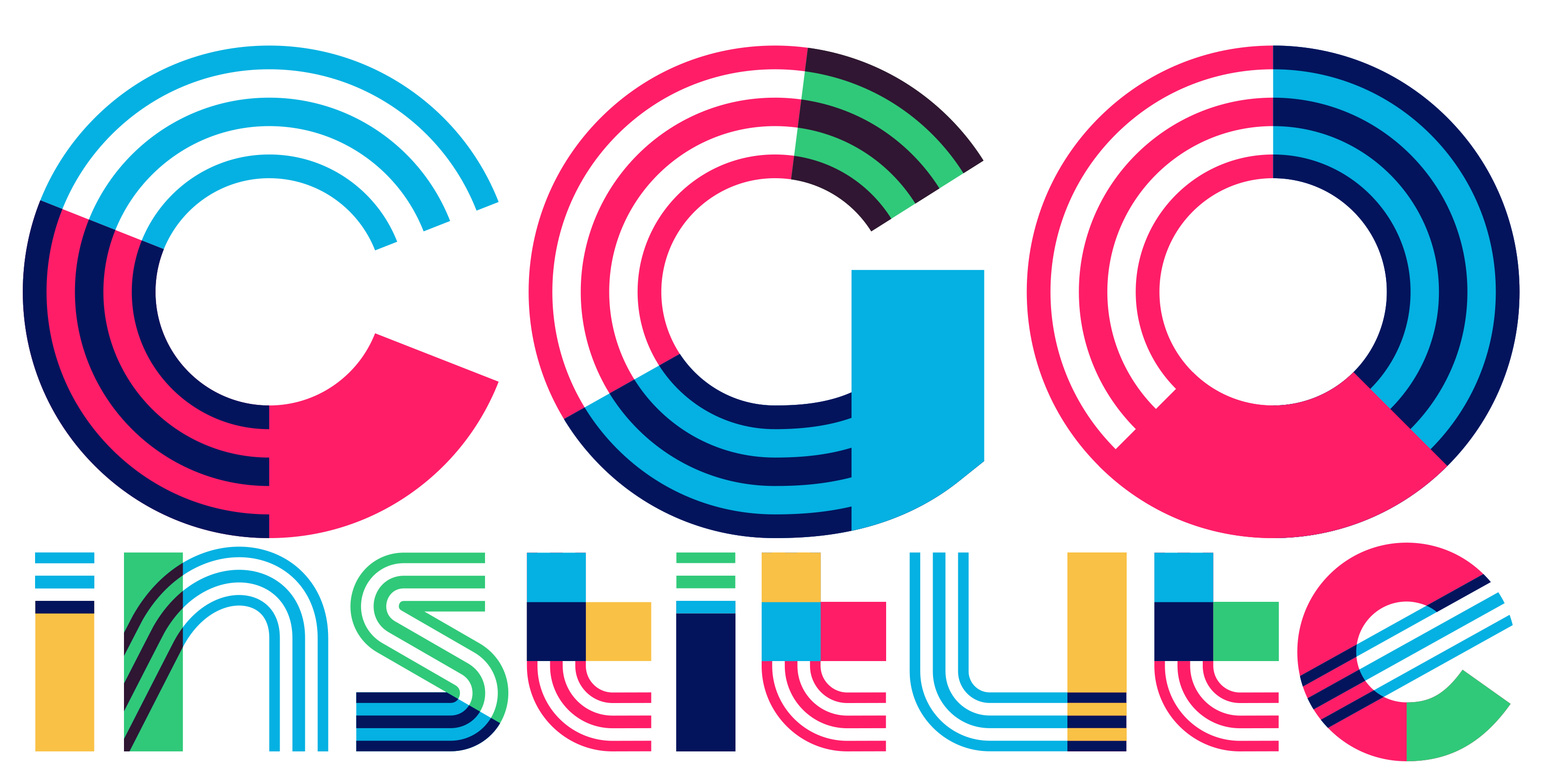A programme of work, completely subject to exploration with a Faculty, will look as follows – shown here in approximate chronological journey over 16 weeks:
Module 1 – Who Am I, Who Are We ? Understanding our work, forms of Musical Theatre and critical pathways to encourage creative best practice. Exploring exercises to test collaboration, and tools used to understand collaborative practice.
Module 2 – Understanding the Past that informs the present. Exploring work in Musical Theatre, popular music, opera, operetta, the worlds of jazz, folk and indigenous music, and the contemporary sounds which the audience of the future may be listening to today.
Module 3 – The Art of Storytelling. Explorations of stories, dramaturgical input, musical choices for story forms, and imperatives of realisation from a core story. What makes a story ‘sing’? Who is the story for? To whom does the writing team want to ‘perform’ and why? Emotional drivers to inspire imagination.
Module 4 – Business – Showbusiness, present and future. Exploring the political, economic, social, technological and environmental landscape within which the creators of the present and future will work to inspire, educate, delight, engage an audience. Meeting producers to understand their drivers and passions.
Module 5 – The Craft of Song. Exploring lyrical forms in many music and theatre settings. Why sing? How do we explore scene-into-song ? How to use song as a dramatic device, aria/recit, ‘rooms and corridors’, solos, counter-craft, and the building of a world of harmony or discord, hidden thought, and audience journey.
Module 6 – Business – Rights and Copyright. Understanding collaboration, source material rights, copyright in collaboration, royalties and the essential aspects of the early process which informs the final deal and potential viability of a project.
Module 7 – Reading, Workshop and Showcase. We will explore all the work created to date and consider the best (theoretical) path for each. There are three very different parts of this process, aimed at different ‘audiences’ and serving the writers in very different ways.
Module 8 – Business – Building Collaborative Teams & Pitching. How does a strong writing team reach out to directors, producers, creative collaborators to move a work forward. How to pitch, and the ‘assets’ needed to make the right pitches to the right people at the right time. What better way to explore this than by meeting some of the DipCP Creative Producers of the future.
Module 9 – Business – Producing a Gala/Showcase. The process of moving from completed material, through budgets and casting, to a sharing/recording or ‘asset’ for future use. When to involve producers and how to gauge the right asset to offer to potential ‘backers’.
Module 10 – Orchestration, Arrangement and enriching material. Understanding what is needed at each stage of the process from reading to showcase, and onward to production.
And a parallel Tutorial Programme – individually exploring the pathways for each person, in their own artform area and geographical place, and scale of interest. Seeking mentors for the future and a pathway towards a successful next presentation: “start with the end in mind”
Return to Welcome Page
Move back to Course Structure
Move forward to Course Enrichment









